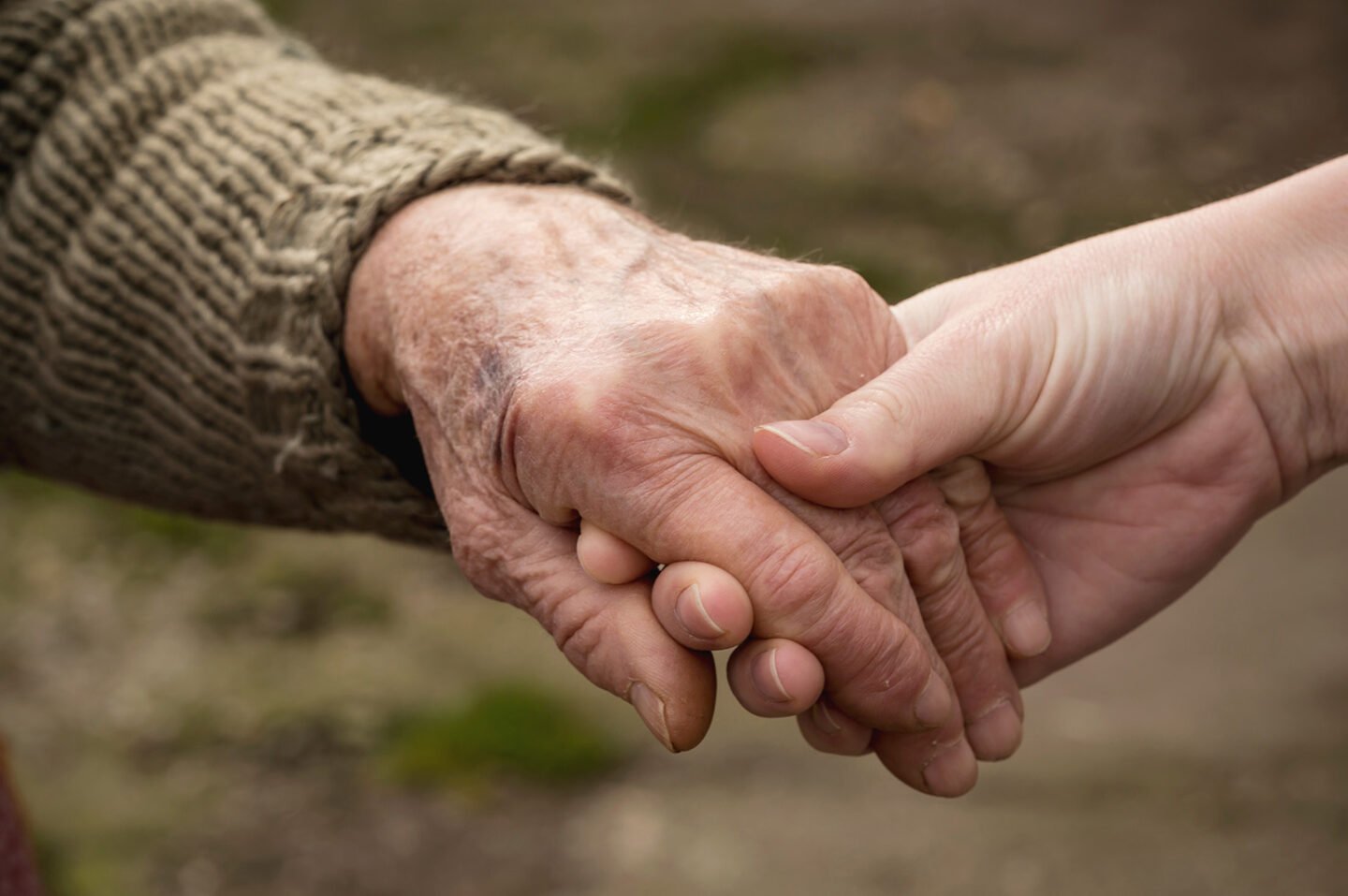As people age, they often require a bit more care and attention. Knowing how to take care of seniors properly can be challenging, especially if you are not used to caring for someone in this way. This blog post outlines some tips to help make the process easier for everyone involved.

Know their specific conditions
The elderly often have specific medical conditions to consider when providing care. It is essential to take the time to understand the symptoms of their particular situation and how it might affect their daily life. This includes any medications they may be taking and any dietary requirements or restrictions that should be followed. For instance, if you are caring for someone with chronic joint pain, it is essential to remember to be gentle when helping them move around or do tasks. When it comes to dementia care, you must consider the person’s memory and cognitive abilities. Conversely, if the person’s condition is stable and relatively healthy, you may need to focus more on providing general care, such as helping with daily tasks or administering medication correctly.
Create a safe environment
Creating an environment that is safe and comfortable for seniors is essential. This may include ensuring that the home is free of hazards such as slippery rugs or loose electrical cords, maintaining cleanliness, and providing adequate lighting. It is also critical to ensure that the person’s living space offers easy access to amenities such as bathrooms, kitchens, and other necessary items. You may also consider installing additional safety features such as handrails in the bathroom or stairwells, ramps for wheelchair accessibility, and extra locks on doors and windows.
Establish a routine
A daily routine is essential for seniors, as it gives them structure and helps them stay organized. This could involve meal preparation at regular times or going on a walk every day at a particular time. Meal times should be tailored to the individual, considering any dietary restrictions or preferences. Participating in crafting, reading, gardening, or listening to music can also help stimulate their minds and keep them engaged. Establishing these routines can help make life easier for both the caregiver and the senior. Remember that routines can be adjusted as needed, so it is vital to remain flexible and open to changes.
Involve others
It’s essential to involve other people in the senior’s life, such as family members, friends, or medical professionals who can provide additional help. Doing this allows you to divide tasks and ensures that all of the senior’s needs are taken care of. It also provides a social outlet, allowing them to interact with people and engage in meaningful conversations. As a caregiver, remember that it is crucial to take breaks for yourself as well. Caring for someone can be both physically and emotionally taxing, so don’t forget to take some time for yourself to relax and recharge.
Encourage independence
Seniors don’t always need to be cared for traditionally. Instead, it is essential to encourage them to stay as independent as possible. This could involve helping them with tasks that are difficult or unsafe for them to do alone, such as cleaning or cooking, but also allowing them to do specific tasks themselves, such as getting dressed or going for a walk. It is essential to provide assistance and guidance when needed, but it also allows the seniors to maintain their autonomy whenever possible. When you do provide assistance, remember to stay patient and encouraging.
Be patient and understanding
Caring for someone who is elderly often requires a lot of patience and understanding. It can take time for seniors to adjust to a new routine and lifestyle, so be patient and keep an open mind. Be aware that their abilities may not always match the energy they have, and some tasks may take longer for them to complete. They may also become frustrated or confused quickly, so take a gentle approach when providing assistance or giving instructions.
Finally, caregivers need to remember that their work is meaningful and valuable. Showing appreciation for the seniors in your care can go a long way toward making them feel supported and valued. This could involve simple gestures like giving compliments or expressing gratitude. Taking time to listen to their stories or have conversations can also help them feel more connected. By being understanding, patient, and supportive, you can make a big difference in the life of an older adult.
In Conclusion
By following these tips, you should be better equipped to provide the best possible care for seniors. It is important to remember that each person has unique needs and preferences, so it is essential to remain flexible and adjust your approach as needed. Ultimately, providing quality care requires patience, understanding, and a genuine commitment to helping seniors live healthier, more comfortable lives.